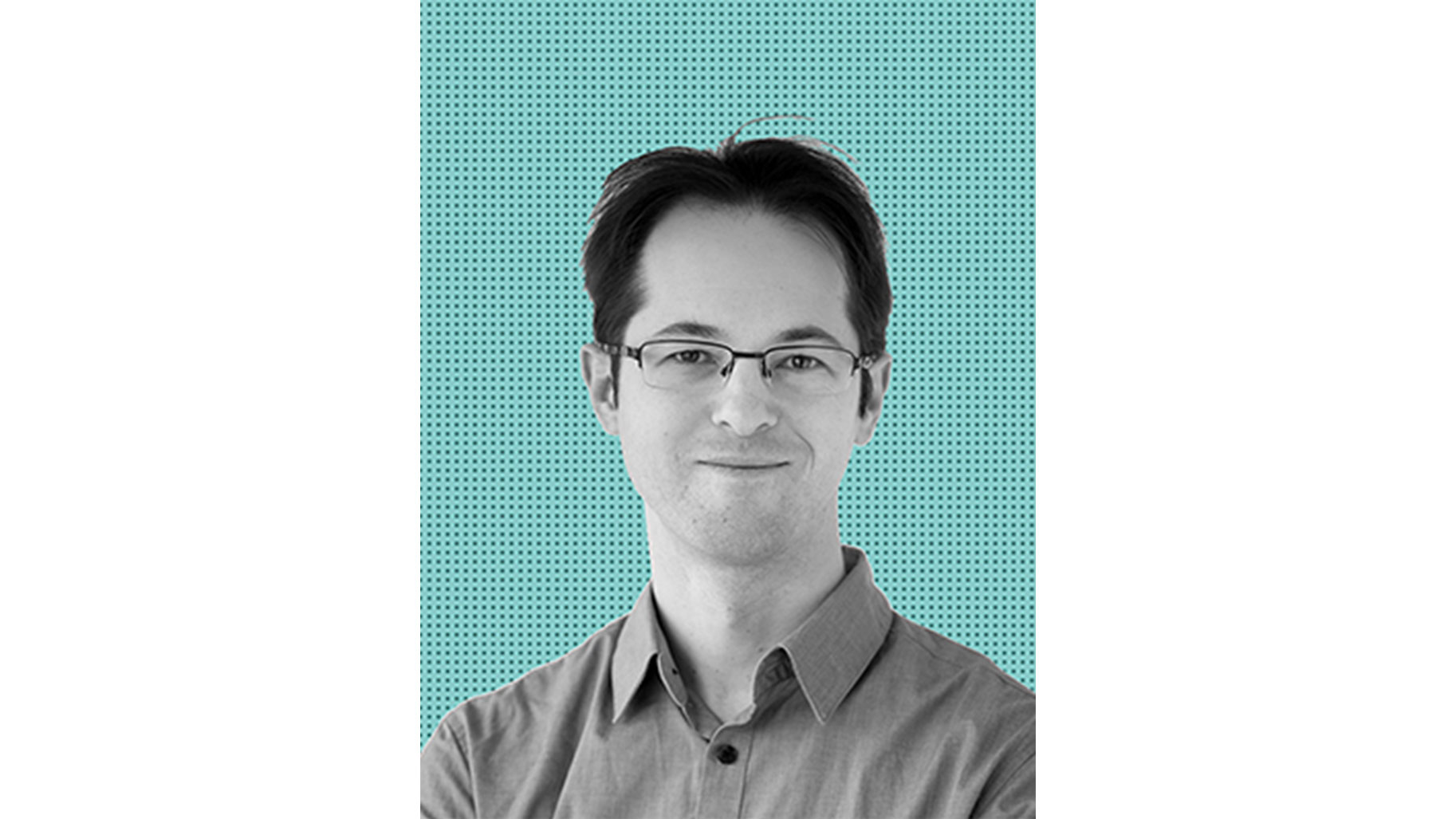Julien Mairal: developing “simplicity” in machine learning
Date:
Changed on 01/03/2023

I have spent the past ten years or so studying machine learning and its applications in artificial vision and image processing. I first came across the subject during my PhD at ENS Paris and Inria between 2007 and 2010, and then again during a two-year postdoctoral placement at the University of Berkeley in California. I went on to join Inria permanently in 2012 as a researcher at the Inria centre in Grenoble. Since 2018 I have headed up Thoth, a project team dealing with machine learning and computer vision.
One aim is to render machines capable of analysing flows of images and understanding their content. You will doubtless have heard of “visual recognition” (used by driverless vehicles to understand their environments and to adapt to them), but it is used in other fields as well, such as in medicine for medical imaging diagnostic support, or in astrophysics for discovering new celestial bodies.
Machine learning has been hugely successful in this field, as it has been in many others – just look at the recent rise of chatbots – but machine learning can still be perfected. Vast quantities of data (such as annotated images of various scenes) have to be analysed in order to configure an algorithm that will then be capable of recognising this data “in situ” (in the flow of images from onboard cameras, for instance). But data from the real world is not as perfect as that used during the learning phase, which has resulted in certain algorithms failing.
That’s the aim of the ERC Apheleia, a name which refers to a relatively obscure divinity said to personify simplicity. This will involve encoding a number of constraints into learning algorithms, which the data being analysed will need to adhere to (these constraints may come from physics or biology, for example, depending on the application). In other words, we will be looking to select the simplest possible models in order to shorten the learning phase. Before machine learning, researchers in signal processing pursued this concept of “simplicity” - the concept behind the name of this project - and we want to adapt it to machine learning.
With a budget of two million euros over five years, the ERC grant will enable me to put together a proper scientific team made up of either PhD or postdoctoral researchers plus engineers, and to really explore these issues in depth. We will be focusing on both the theoretical and the methodological side of things, the goal being to demonstrate how robust the method is while implementing tailored algorithms capable of dealing with the problems raised by different applications in a wide range of fields.
The methods that we are seeking to develop are broad in their scope, with applications in a whole host of sectors. Aside from astrophysics and remote sensing, we will be exploring applications designed to improve the quality of microscopic images or digital photographs, or for modelling complex chemical compounds. This will see us working with astrophysicists, chemists, and image processing specialists, giving us an opportunity to expand our scientific horizons while stimulating our intellectual curiosity.
Really happy. Although I was familiar with it - this is the second time I’ve been awarded an ERC, after a first project in 2016 - the selection process is really demanding: you have to write a detailed proposal, which is then followed by an in-depth interview. It took two attempts to get this one - but my perseverance paid off. I was able to count on Inria’s support and the support of close colleagues while preparing for each step. Getting an outside perspective on your research and advice on how to present it convincingly is extremely useful.
It’s too early to say. I will be putting together the scientific programme and seeking out applicants for PhDs in the coming months. What’s great about this ERC is that it will give me the resources to carry out long-term research, to innovate and to produce and share knowledge - the core of my work as a researcher at Inria.